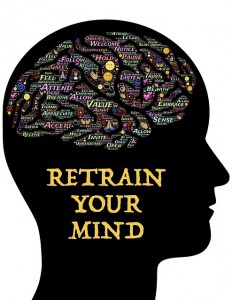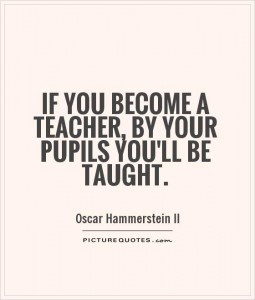(this post contains affiliate links…)
In my experience, the vast majority of musicians and people who perform in some capacity or another are introverts. Whilst this may surprise many who themselves are not, it actually makes perfect sense that those who enjoy sharing their creative talents with the world and, in order to prepare for this, are more than comfortable with spending a large amount of time in their own company, allowing them the space to think, explore and grow their interests to the full.
In Quiet: The Power of Introverts in a World that can’t Stop Talking, Susan Cain not only provides a in dept insight into why those who identify with the concept of introversion do so, but she also explores how this can produce an array of valuable traits which can be applied to many different situations which are predominantly seen as only being successfully handled by so called extroverts.
As well as providing a feeling of relief for many, I feel there are many takeaways from this book which would resonate and provide food for thought for musicians and teachers alike. For example, Susan argues that it is vitally important for introverts to ‘find their passion’ in what they are doing so that they can see the purpose and gain from what they are trying to achieve. Perhaps this is something that everyone needs, but with introverts it always has to be continually present, which in musical terms could translate into the need to choose music or exercises which the musician can always find connection to, or the need to have regular goals and targets to aim towards. Alongside this, it is noted that there is a need for projects to be manageable, not overly stressful and supported by others. Again, this is vital information to be taken into account when dealing with musicians and pupils alike. Even seemingly less obvious differences are explored such as the belief that introverts function better than extroverts when sleep deprived – so there’s no reason not to get that extra practice session in of an evening!
Whilst the book does provide a number of long case studies which may not relate directly to the areas which interest musicians, it provides a valuable insight to a anyone who wishes to understand those around them more and improve their communication skills. And, after all, that’s what being a musician is all about!






